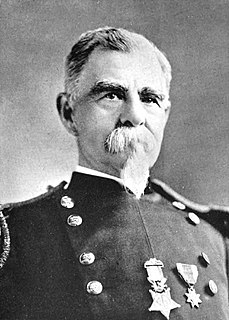A Quote by George Washington
Three things prompt men to a regular discharge of their duty in time of action: natural bravery, hope of reward, and fear of punishment.
Related Quotes
The bravery founded upon the hope of recompense, upon the fear of punishment, upon the experience of success, upon rage, upon ignorance of dangers, is common bravery, and does not merit the name. True bravery proposes a just end, measures the dangers, and, if it is necessary, the affront, with coldness.
































